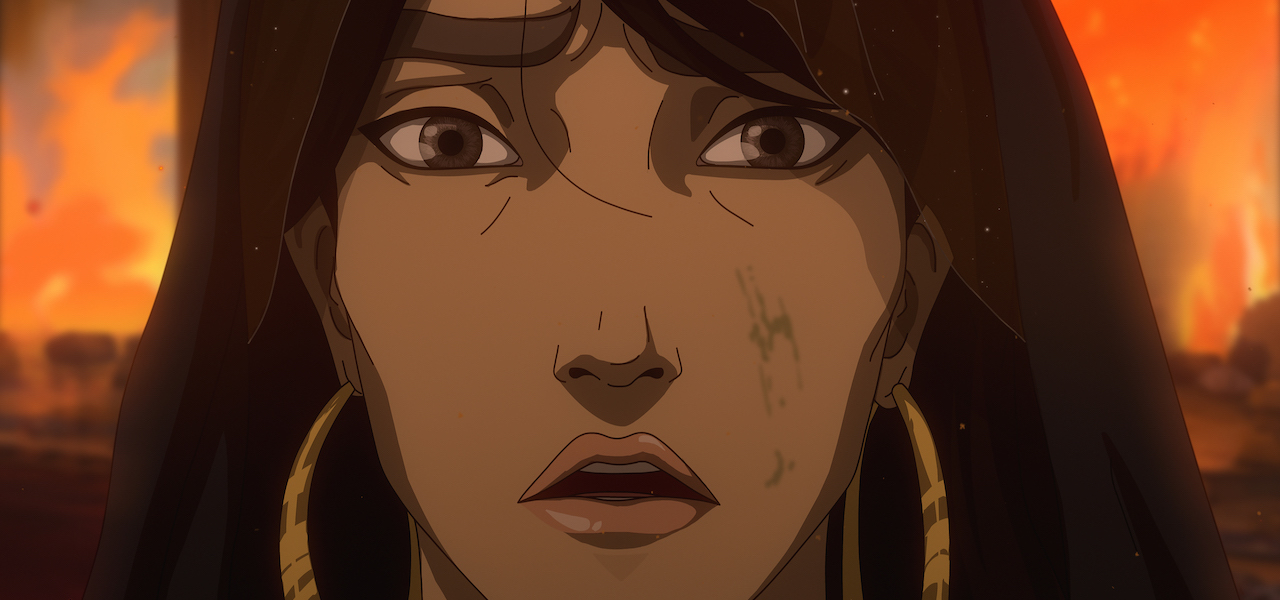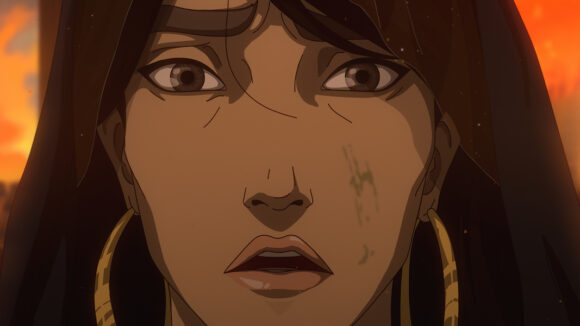

Quarantine Chronicles: How A Studio In Iran Figured Out Remote Working For Its Artists In Two Days
For the second entry in our new series, which looks at the coronavirus crisis from the standpoint of individuals in the industry, we speak to Ashkan Rahgozar, CEO of Hoorakhsh Studios in Tehran. Last year, the studio’s mythological epic The Last Fiction (image at top) became the first Iranian animated feature to qualify for an Oscar. Hoorakhsh is known in its home country for its tv series, music videos, shorts, and video games.

Iran has been badly hit by the coronavirus — it has over 60,000 confirmed cases — but the government has yet to implement a general lockdown. On March 1, when Rahgozar decided to send most of Hoorakhsh’s 104-person workforce home, officials were still insisting that an outbreak wouldn’t happen. “But we didn’t risk it,” says the CEO. “We made this decision to keep our crew and their families safe.”
The studio had no prior experience in remote working. The IT, production management, and human resource departments devised a procedure in two days. “Because of lack of internet speed in Iran, and because of privacy,” explains Rahgozar, “Ehsan — who is my brother and also the IT manager — arranged a local cloud service. Our production team gave access to the crew on the air and they managed the tasks in Taskulu, which is our task management platform.” All but a small portion of the technical and administrative teams are now at home.
The remote setup has posed two main issues. Firstly, the 3d team initially had trouble uploading their large files. Even more problematic are the obstacles to communication: “We made some chat rooms for each team to solve this, but you know, this is art! In many cases you need to show the emotion face-to-face as a director or artist.”
The coronavirus has affected more than just the studio’s workflow. It has further disrupted the ill-fated release of The Last Fiction, which took a decade to make. “When we released our film in the cinemas, we had an air pollution problem. Then we had a political crisis for around two months. At the end of our screening we have Covid-19.” The feature was due to come out in the Commonwealth of Independent States territories of Eastern Europe and Central Asia, but the distributor has cancelled. “Now we are working on a video-on-demand release.”
If the crisis endures, Rahgozar fears that it could gravely harm Iran’s burgeoning animation industry. The country’s studios are “starting to work with foreign companies, and if they can’t meet their deadlines, it could affect trust and affect their business.”
If you are a worker in the animation industry and would like to share a story about how coronavirus has affected your life or career, please contact alex@cartoonbrew.com for consideration.

.png)
